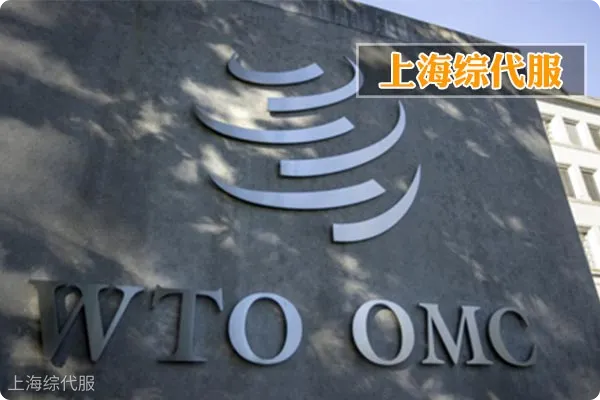India has recently taken a tough counteraction to the EU’s Carbon Border Adjustment Mechanism (CBAM). CBAM is commonly referred to as the “EU Carbon Tariff” and the EU plans to launch a transitional period on October 1 this year. However, Indian government and industry senior sources have revealed that India intends to file a complaint to the World Trade Organization (WTO) about the EU’s carbon tariffs. Developing countries such as India believe that the EU’s introduction of trade barriers will not only affect India’s exports but will have a negative impact on other developing countries.

The EU said CBAM complies with WTO rules and aims to promote relevant industry emissions reductions within the EU by applying the same carbon prices for imported goods as domestic producers in the EU, however, senior government officials in India said the EU is introducing trade barriers in the name of environmental protection and India plans to seek remedies through the WTO.
China’s Ministry of Commerce said in a press conference in March 2022 that it hoped the EU would avoid creating new trade barriers.In addition, the EU’s recently adopted EU Deforestation Regulation (EUDR) would also have a substantial impact on developing countries’ exports to Europe.
According to a report by the Global Trade Research Initiative (GTRI) of the Indian Economic Thinking Institute, the EU CBAM covers 777 taxes on India’s exports to the EU and the EUDR affects 479 taxes. Both laws and regulations are expected to affect India’s exports to the EU of $10 billion.
CBAM will introduce ‘carbon tariffs’ in 2026, covering imports of six major industries such as cement, steel, aluminum, fertilizer, electricity and hydrogen. The initiative aims to help the EU its 2050 target of carbon neutrality, 20 years ahead of India’s 2070 target of carbon neutrality.
The Indian government plans to seek remedies, especially against the steel industry. The Director-General of the Indian Export Organization Federation said steel and other industries need more time to meet the EU’s requirements to create a fair competitive environment. The EU’s plan could make India’s free trade agreements with other countries and the proposed free agreements with the EU “surplus” because the impact of carbon tariffs will increase the prices of many exporters’ commodities by a fifth.
The Indian government plans to file a complaint with the WTO to seek remedies against the EU’s unilateral decision. Another Indian government official said India considers CBAM to have discriminatory and trade barriers and questioned its legitimacy. India’s policy makers are studying proposals from the steel industry to seek reciprocal measures to safeguard a fair competitive environment.
The EU is India’s third-largest trading partner, accounting for 10.8% of India’s total trade. However, the EU’s successive regulations and regulations have given India’s exporters a good news.


 Follow customer service WeChat
Follow customer service WeChat